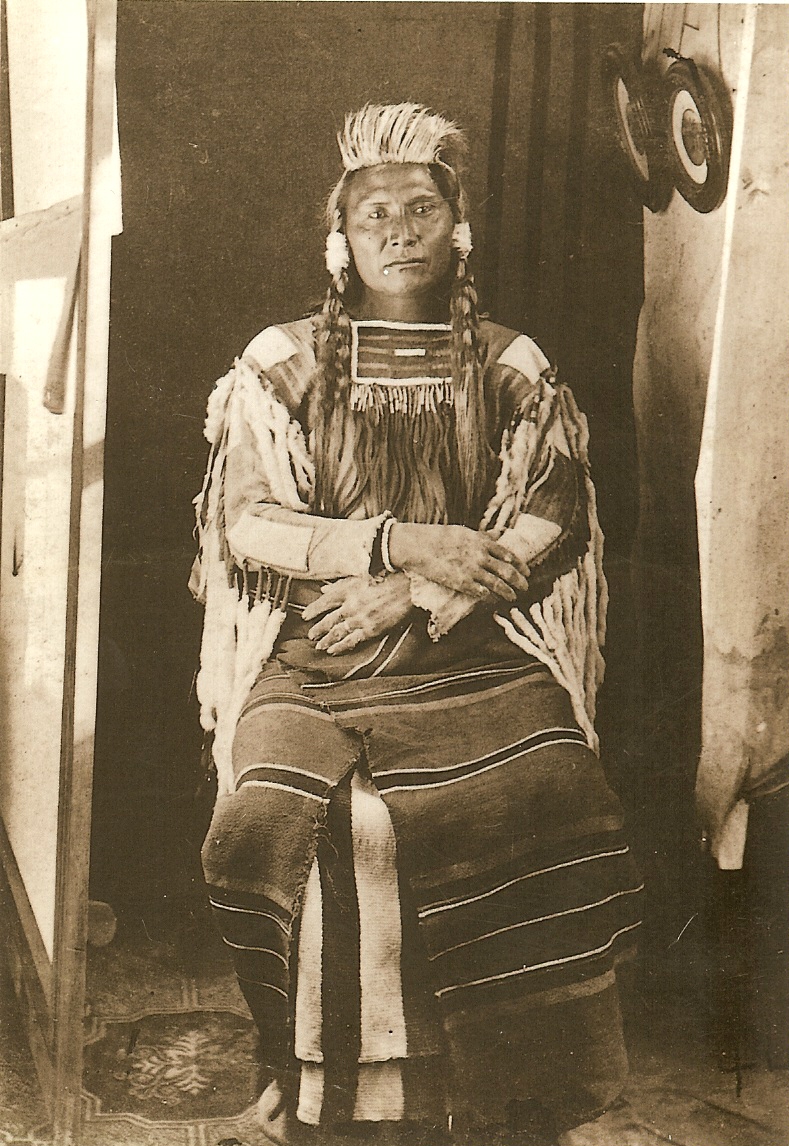
Chief Joseph
Hin-mah-too-yah-lat-kekt (Thunder Rolling Down the Mountain)
Nez Perce leader who became known for his surrender speech ending the 1877 war and his later efforts to secure his people's return to their homeland.
Chief Joseph: A Short Biography
Chief Joseph was born around 1840 in the Wallowa Valley of Oregon. His Nez Perce name was Hin-mah-too-yah-lat-kekt, meaning "Thunder Rolling Down the Mountain." He was the son of a chief whom white settlers also called Joseph. His father had converted to Christianity and worked to maintain peaceful relations with white settlers.
The Nez Perce had signed a treaty in 1855 that allowed them to keep much of their traditional territory. However, when gold was discovered in the area, pressure increased to reduce their land. In 1863, a new treaty took away about 90 percent of the Nez Perce reservation. Joseph's father and other chiefs refused to sign this treaty.
When his father died in 1871, Joseph became chief of the Wallowa band. He tried to use diplomacy to keep his people's land in the Wallowa Valley. He met with government officials and argued that his band had never agreed to give up their homeland. Despite his efforts, in 1877 the U.S. government ordered all non-treaty Nez Perce to move to the Lapwai Reservation in Idaho within 30 days.
As a Public Speaker
Chief Joseph spoke both his native language and English. During the 1877 conflict, he communicated with U.S. military officers through interpreters. His surrender speech was delivered this way, so the exact English words may not match what he said in Nez Perce.
After the surrender, Joseph became the main spokesperson for his people. He traveled to Washington D.C. twice to meet with government officials. In 1879, he gave a speech to a large audience at Lincoln Hall in Washington. He also spoke with newspaper reporters and other visitors who came to see him.
Joseph's speaking style was direct and practical. He focused on specific problems facing his people rather than using complex arguments. He often talked about the promises made by the government and how they were broken. He used simple comparisons that people could understand.
Joseph was not trained in formal oratory like some other speakers of his time. His effectiveness came from his sincerity and his knowledge of the facts about his people's situation. He spoke from personal experience about the effects of government policies on Native American communities.
Notable Speeches
Chief Joseph's documented public statements
Surrender Speech
Joseph's statement ending the Nez Perce War, delivered at Bear Paw Mountains in Montana Territory.
Read MoreSpeech to Government Officials
Joseph's address to officials in Washington D.C. about his people's treatment and their desire to return home.
Lincoln Hall Address
Public speech in Washington D.C. where Joseph described the Nez Perce situation to a large audience.
Legacy & Impact
Native American Rights
Joseph's efforts to secure his people's return to their homeland brought attention to the treatment of Native Americans by the U.S. government. His meetings with officials in Washington and his public speeches helped document the problems facing displaced tribes. His work contributed to discussions about Native American rights, though most of his specific goals were not achieved during his lifetime.
Historical Documentation
Joseph's speeches and statements were recorded by newspapers, government officials, and visitors. These records provide information about the Nez Perce perspective on the 1877 war and its aftermath. His surrender speech became one of the most quoted statements from the Indian Wars period. These documents are used by historians studying this period of American history.
Cultural Memory
Joseph became a well-known figure in American culture after his surrender. His story was told in books, articles, and later in films and documentaries. The Nez Perce War and Joseph's role are taught in schools as part of American history. Several places in the Pacific Northwest are named after him, including a town in Oregon and a dam on the Snake River.
Notable Quotes
From where the sun now stands I will fight no more forever.
— Surrender Speech, October 5, 1877
I am tired of fighting. Our chiefs are killed.
— Surrender Speech, October 5, 1877
The little children are freezing to death.
— Surrender Speech, October 5, 1877
Hear me, my chiefs. I am tired; my heart is sick and sad.
— Surrender Speech, October 5, 1877
Discover More Great Orators
Explore our collection of speeches from history's most influential speakers.